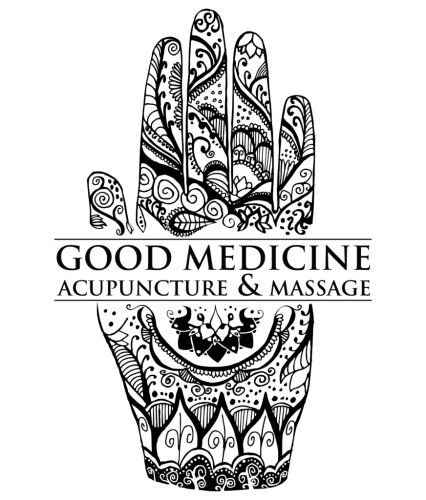It can be a wonderful experience for both you and your baby to receive a gentle, relaxing prenatal massage. Before you come in for your appointment, there are a few things you should do to properly prepare for your massage.
Talk to Your Doctor
Before coming to your maternity massage, contact your doctor and receive clearance to receive a massage. You should avoid a pregnancy massage if:
- you are experiencing complications
- if your doctor expresses any concerns
- you are prone to nausea
- you are at high-risk for miscarriage
- you have a high-risk pregnancy
Call Your Massage Clinic
Calling ahead to your clinic can put some of your concerns at ease.
When you call, ensure the practitioner you booked with is trained in prenatal massage.
Maternity massage differs from other forms of massage since it involves different pressure, focal points, and the use of bolsters to support the belly and chest.
A well-trained therapist will know how to adjust the cushions so you can lay comfortably on your side or your belly without any issue.
When you call ahead, let your therapist know what trimester you are in. They will adjust their massage style accordingly as well as prepare the bolsters if needed.
Working with a trained prenatal massage therapist can mean the difference between a relaxing, rejuvenating session and an uncomfortable experience.
Adjust your Expectations
Prenatal massage is intended to be gentle. Deep tissue massage can be overwhelming to the body and dangerous for pregnancy. In part, this is due to pregnant women’s susceptibility to blood clots. The intention of a prenatal massage is to relieve and relax so go in expecting a relaxing lighter touch.
Benefits of Prenatal Massage
With all this being said, there are many benefits you should expect to see with consistent massage therapy care during your pregnancy. Here are a few proven benefits of prenatal massage:
- “Studies done in the past 10 years have shown that hormone levels associated with relaxation and stress are significantly altered when massage therapy is introduced to women’s prenatal care. “
- “..the massage therapy group reported reduced anxiety, improved mood, better sleep and less back pain by the last day of the study. In addition, urinary stress hormone levels (norepinephrine) decreased for the massage therapy group and the women had fewer complications during labor and their infants had fewer postnatal complications (e.g., less prematurity).
- Relieves nerve, back, sciatica, headaches, heartburn, and other pregnancy-related pain.
Prenatal massage can be a relaxing and wonderful way to pamper yourself during your pregnancy. Not only will you see the many benefits of it, but your baby may experience benefits as well.

Recent Comments